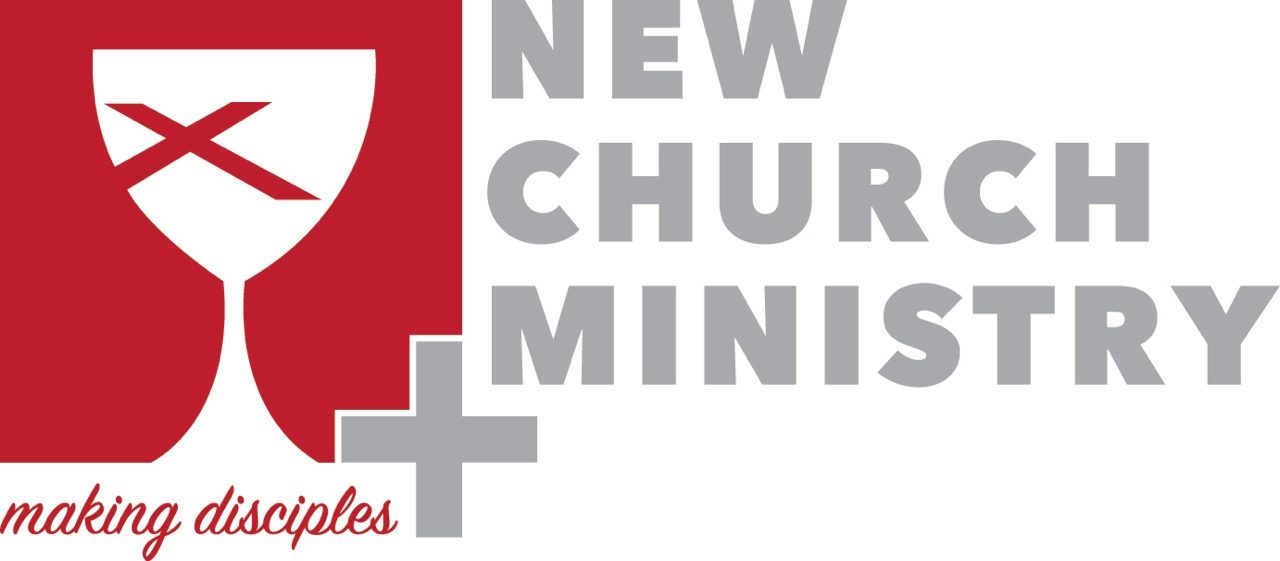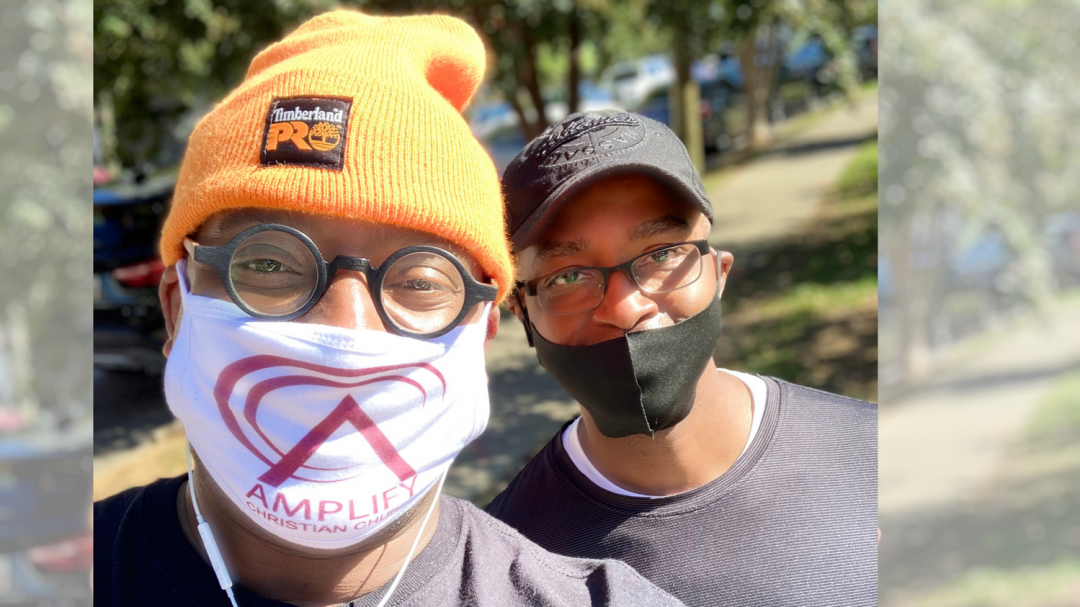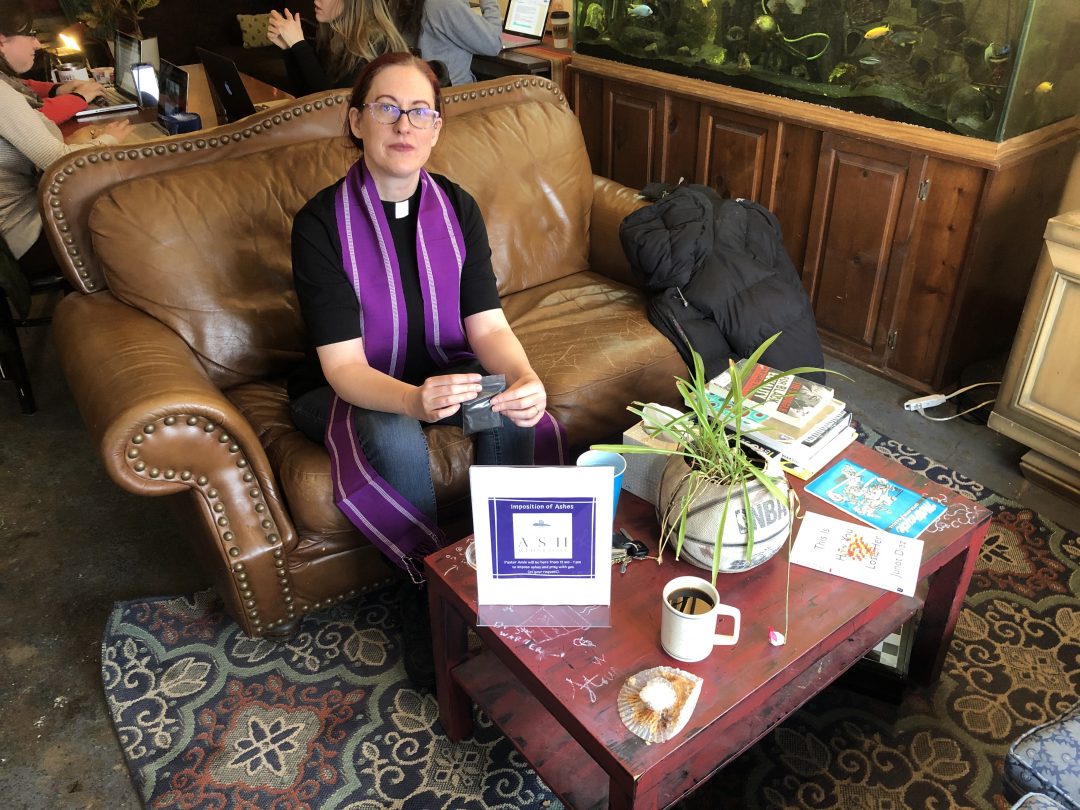New Church Ministry’s interview with Rev. Orlando Scott started later than expected. As a chaplain at Northside Hospital in Lawrenceville and Duluth, Ga., he had just spent time in comfort … Continue reading Navigating death, intimacy, and the palpable nature of online church with Rev. Orlando Scott
The LabOratory Church provides a safe space for health, healing, and hope in Indianapolis
Rev. Amie Vanderford has experienced trauma. She knows what it’s like to distrust others; how damaging isolation can be to recovery. That’s why she and her husband, Thaddeus Shelton, launched The LabOratory … Continue reading The LabOratory Church provides a safe space for health, healing, and hope in Indianapolis


